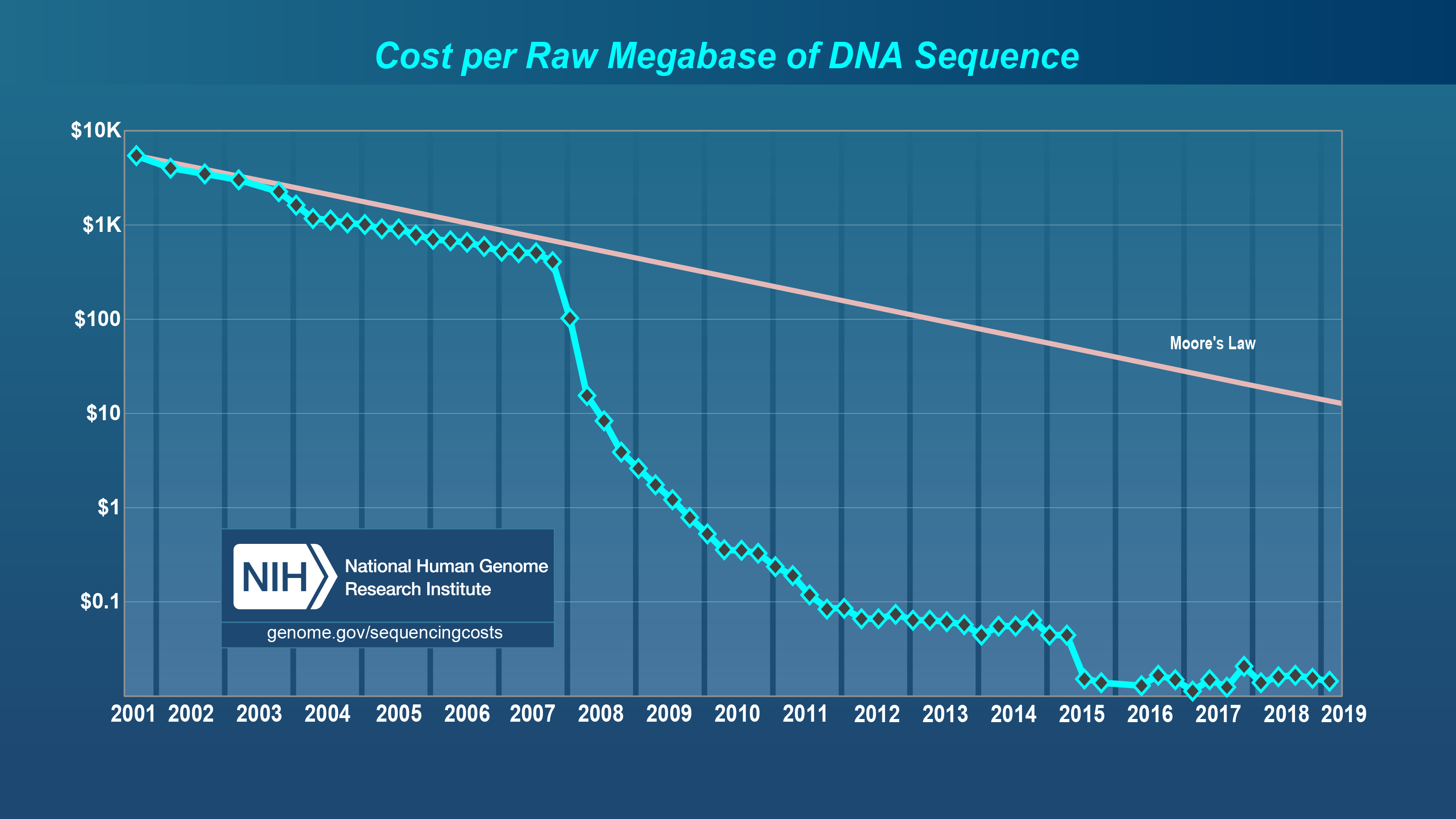Better, faster, cheaper drug development is here to stay

The FDA commissioner Stephen Hahn just announced that he intends to make changes at the FDA which enabled accelerated review of COVID-19 related drugs permanent. That means more drugs might start getting out the door a lot faster.
Sure, we're 18 months away from a vaccine. As you listen to your mother describe her ongoing war with the squirrels yet again and try to decide whether Tiger King would be as hideously good the second time through, this may feel like an eternity. But for an industry where the mantra is 10 years and $2.6 billion to a new drug, it's shockingly fast.
Moderna was first out of the gate, breaking records with a COVID-19 vaccine candidate just 63 days after receiving the sequence. Gilead is already pricing and selling it's repositioned drug Remdesivir, where it showed a small but significant improvement in hospitalization times (impact on patient death is still unknown). At the time of this writing, there are 135 clinical stage candidates, 10 of which are in Phase III/IV (these are repositioned or broad antivirals, rather than COVID-19 specific treatments).

Certainly the situation is unique. Johnson and Johnson and BARDA partnered on a $1B initiative to develop a COVID-19 vaccine, while BARDA has also been handing out grants like candy. And as mentioned, the FDA is granting accelerated review for new trials. But the point here is that therapeutic development can move a heck of a lot faster.

I would argue that we have been on this path for years, but industry costs haven't caught up to the changes technology has enabled yet. Like building a tech company in the early 90s, far too many are comfortable with the "standard" costs of doing business. But the rentable infrastructure is out there to handle manufacturing, safety studies, regulatory submissions, and clinical trials. And we have access to mountains of free biological data, while the cost of generating more dropping faster than the highly touted "Moore's Law" for computer processing power.
Biomedical research will never "move fast and break things" (like democracy). But it is possible to do more with less, and the result of that will be that founders in this field will start looking younger and more diverse as access to innovation is democratized. The real question is, what kind of dorky getup will become de rigueur for our nerds?

